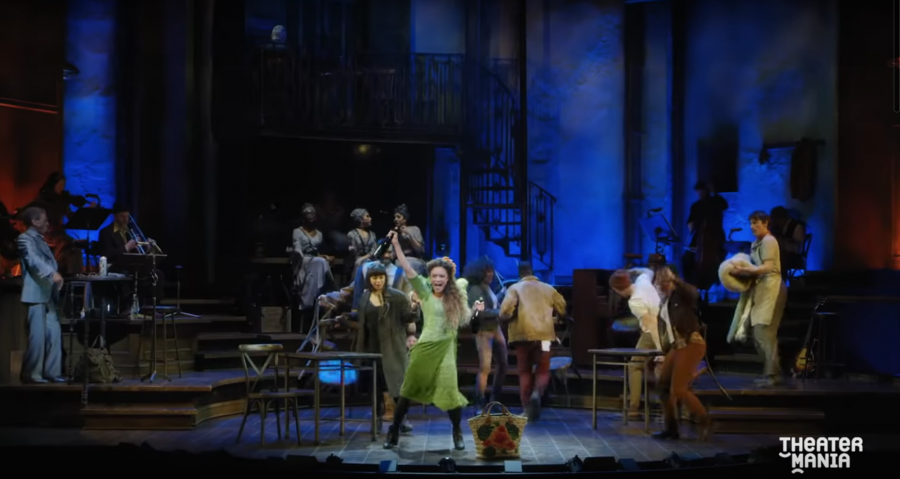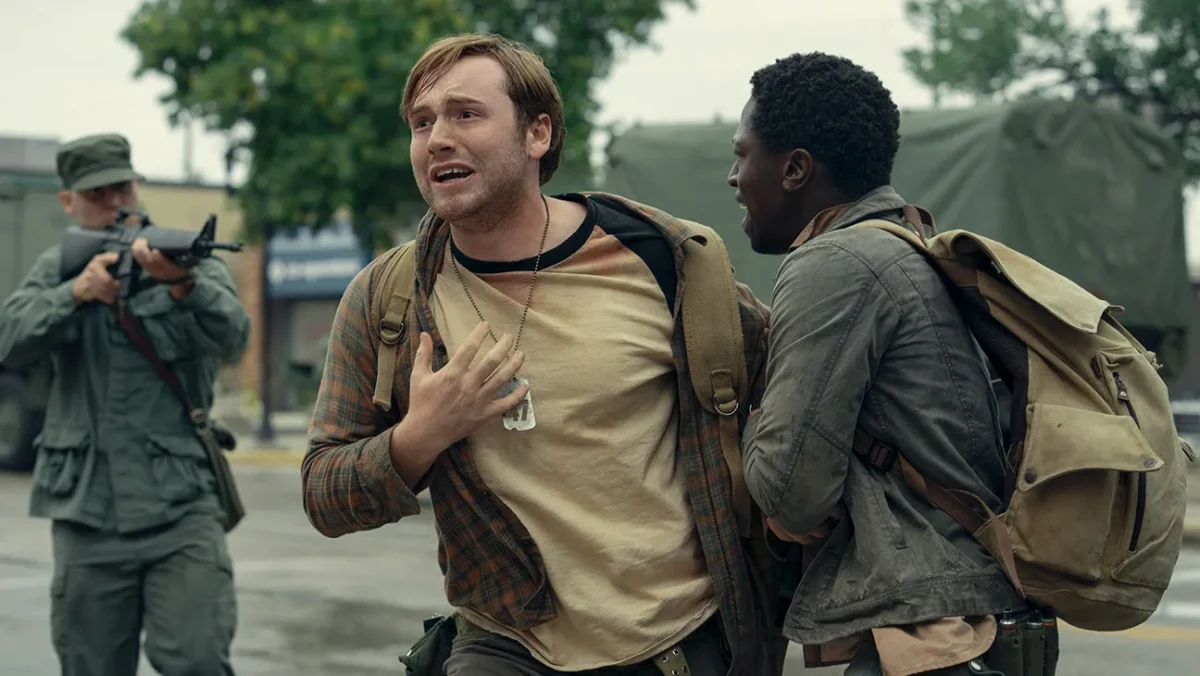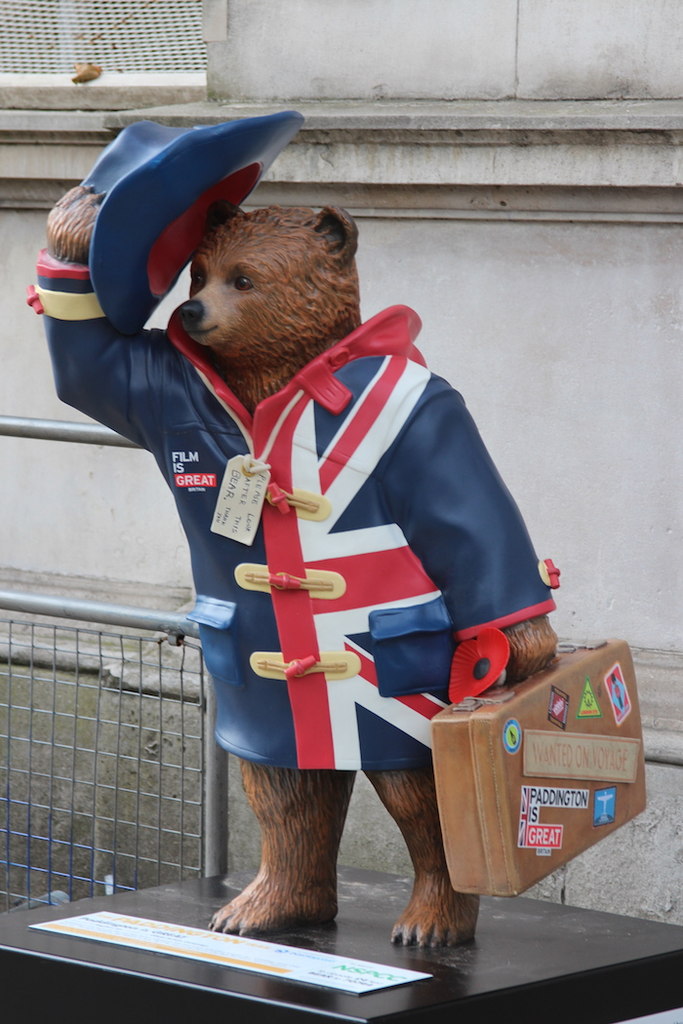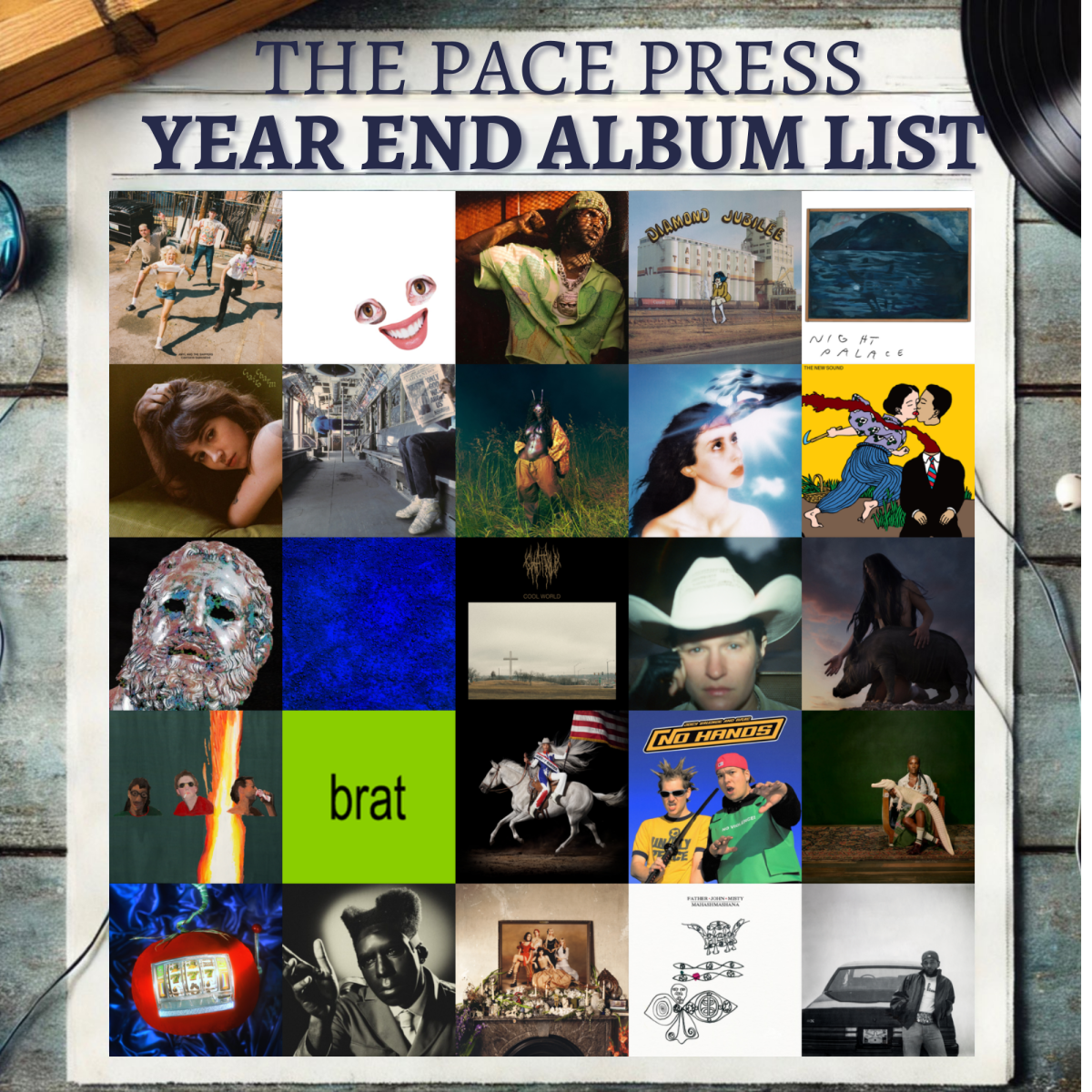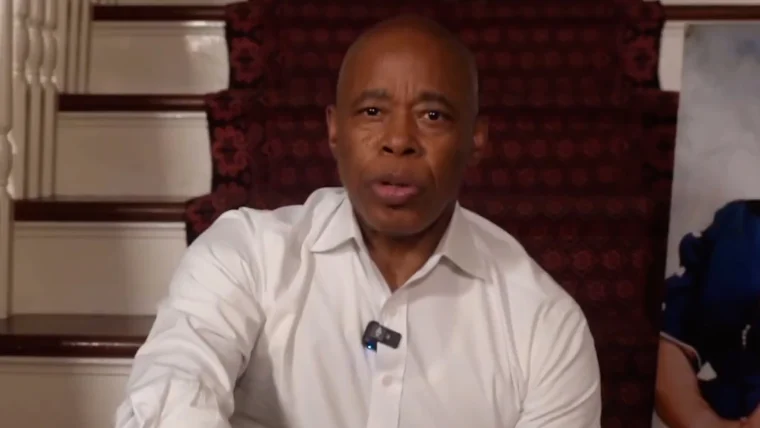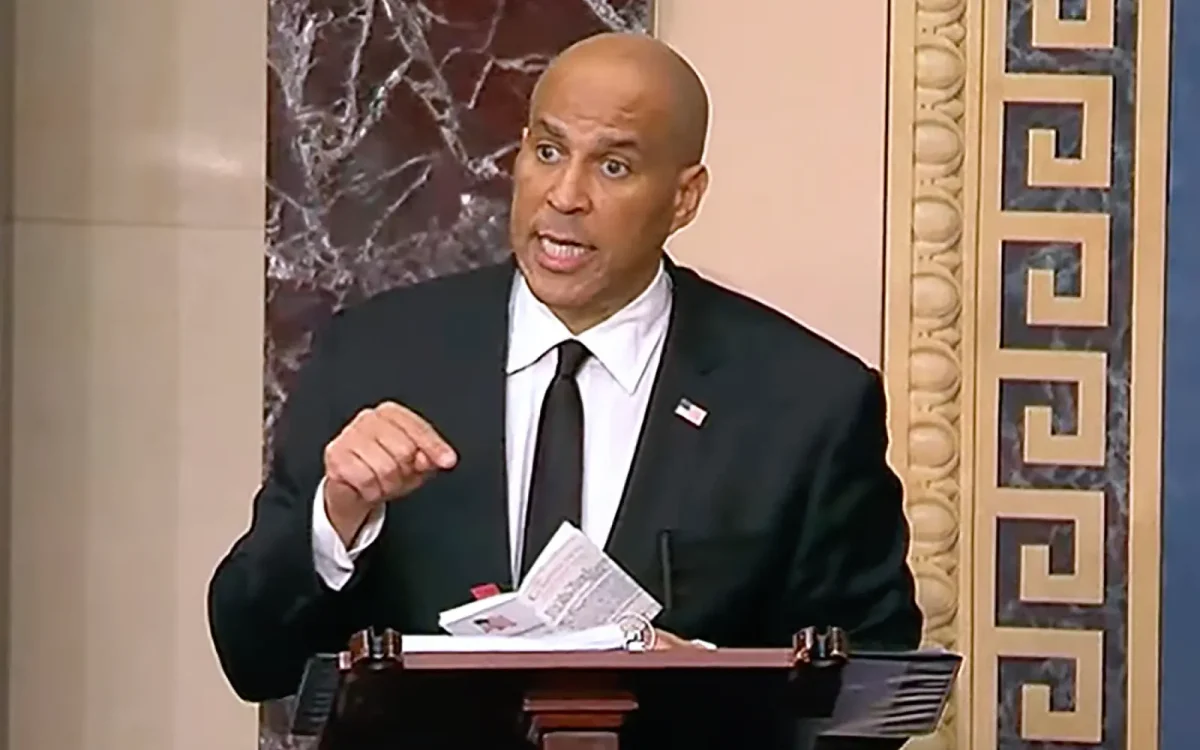“Why do we build the Wall, my children?” asks sly businessman Hades to his mournful workers in the song “Why We Build the Wall.” With sadness, they respond to him the painful words, “Because we have and they have not / Because they want what we have got / The enemy is poverty / And the Wall keeps out the enemy / And we build the Wall to keep us free.”
Looking at these lyrics, it’d be easy to think they were written sometime in the last four years. However, these lyrics were first written in 2006 by new college graduate Anaïs Mitchell in the wake of the Iraq War. One might consider Mitchell to be prophetic, considering how relevant her lyrics are in the Trump era.
“Hadestown” is a Broadway musical about the ancient Greek myth of Orpheus and Eurydice. Orpheus goes to the underworld to rescue his fiancée Eurydice after her death. The musical also tells the story of Hades and Persephone.
While “Hadestown” dives into current political issues such as poverty and climate change, the most obvious representation of today’s politics is the Wall, which can easily relate to the current U.S. border crisis. “I will build a great, great wall on our southern border. And I will have Mexico pay for it,” said Donald Trump during his campaign in 2016.
Trump and Hades share the uncanny similarity of being business tycoons, both of which have used corrupt methods of garnering capital. Hades runs his factory unethically, as his workers are treated poorly. He instills fear in his workers about what lies outside of the Wall, which they so mournfully build for him. The workers are impoverished even though in their minds, the outside world is doing worse than they are. Trump has instilled a fear of Mexican immigrants in the minds of some U.S. citizens. His rhetoric about the Mexican immigrants includes the like of “drug dealers” and “rapists.” In Trump’s opinion, building a wall across the southern U.S. border will keep Americans safe.
The musical also acts as a representation of extreme poverty. “Trying to trust that the song he’s working on is going to shelter us from the wind, the wind, the wind,” cries Eurydice during the number “Chant.”
In the recession of 2008, almost three million people lost their jobs, similar to the Great Depression of the 1930s. Families were struggling and people were doing everything in their power to get jobs to make money, similar to the struggle of Orpheus and Eurydice. Eurydice gives into Hades and goes to Hadestown with him, despite her love for Orpheus, because she was poor and starving. At first, Hadestown appears to be a place of financial security but quickly realizes that the opposite is true.
If “Hadestown” is not politically relevant enough with the talk of the Wall and poverty, it also dives into the issue of climate change and global warming. Eurydice sings of this during the number “Any Way the Wind Blows” and sings, “Weather ain’t the way it was before / Ain’t no spring or fall at all anymore / It’s either blazing hot or freezing cold / Any way the wind blows.”
Hadestown is a huge factory, run on fossil fuels, oil, and cheap labor from the exploited workers. While using these materials is cheap and easily afforded by Hades, his use of them severely upsets his wife Persephone. As part of the couple’s deal, she must spend six months with him and six months above. She is the goddess of vegetation and spring and because of this, the weather above is heavily dependant on her. Persephone hates living down in Hadestown and wants to spend less time with Hades, resulting in the lengthening of summer and winter and the end of spring and fall. Hades and Persephone’s turbulent relationship acts as a metaphor for the current issue of climate change and global warming.
Although “Hadestown” is widely politically relevant, the issues are nothing new in American society. The Wall has been in discussion for at least a decade, although it has been made popular by Trump. Poverty has continually affected citizens, especially during the recession of 2008 and the depression of the 1930s. Climate change is the hottest issue in current politics and is at the forefront of the presidential debates. The repetition of history ensures that “Hadestown” is timeless and will stay culturally relevant for years to come.

